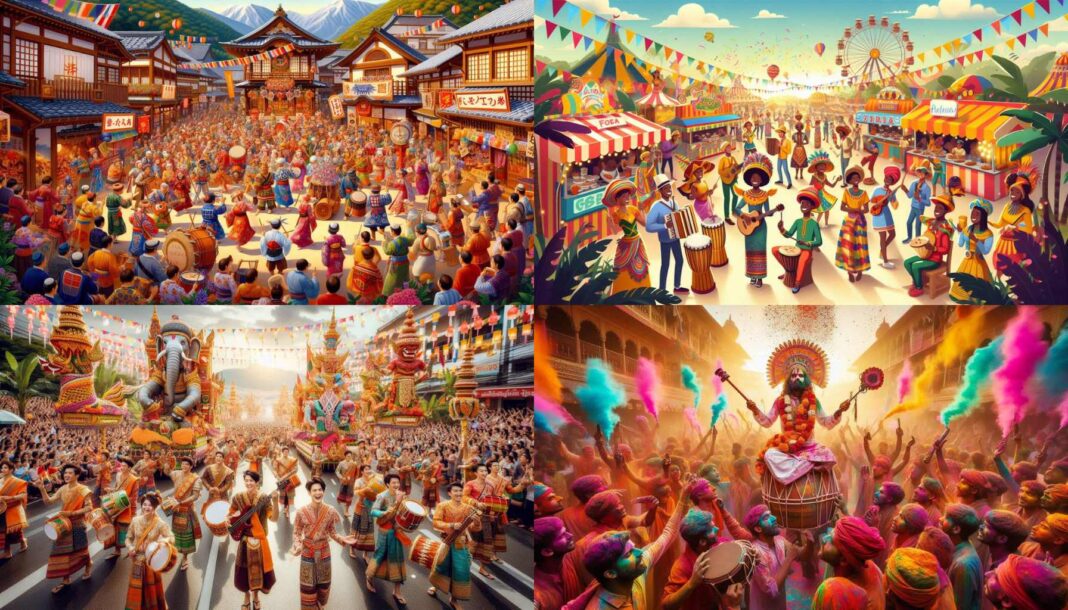Festivals in Nagaland in April 2025: A Celebration of Culture, Nature, and Spirituality
Nagaland, nestled in the northeastern region of India, is a state known for its vibrant cultural heritage, distinct tribes, and deeply rooted spiritual practices. The people of Nagaland celebrate a wide range of festivals throughout the year, with many centered around agriculture, nature, and the reverence of ancestral spirits. April, in particular, is a time when various tribes in Nagaland engage in unique and colorful festivals, each representing their cultural values and spiritual beliefs.
Read More About Hindu Philosophy
This article delves into the key festivals celebrated in Nagaland in April 2025, highlighting their significance, customs, rituals, and the vital role they play in the social and spiritual lives of the Naga people.
1. Monyu Festival (April 2025)
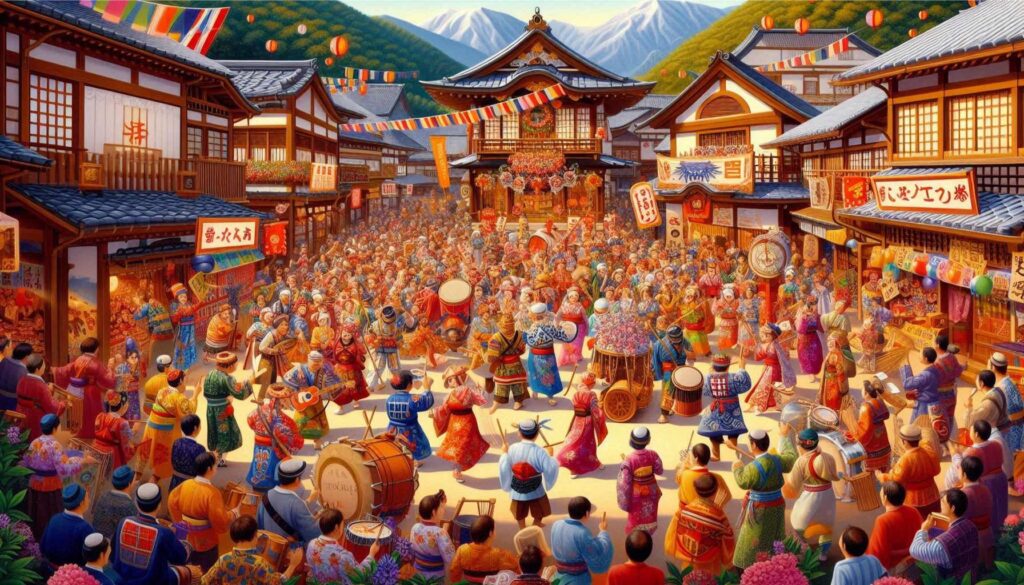
The Monyu Festival is celebrated by the Konyak tribe in Nagaland, usually in April, marking the beginning of the sowing season. This festival is an important agricultural event, as it represents the people’s gratitude for the previous harvest and their hopes for a bountiful future harvest.
Rituals and Traditions
- Purification and Cleansing Rituals: The Monyu Festival begins with purification rituals, which are meant to cleanse the village of any negativity or bad luck from the previous year. The elders perform special prayers and offerings to the spirits of the land, asking for blessings in the upcoming agricultural cycle.
- Animal Sacrifices: A key aspect of the festival is the sacrificial rites where animals, typically mithuns (a kind of wild cattle), are offered to the spirits in gratitude for the harvest and to seek divine favor for the new planting season. The sacrifices are also seen as a way to maintain harmony with the gods and nature.
- Traditional Dancing and Singing: After the offerings, the community gathers for traditional dances and singing. These performances, which feature vibrant tribal attire and rhythmic drumming, are a way to express joy and solidarity. The dances often represent stories from the tribe’s history and relationship with nature and the gods.
- Feasting: The festival also involves large community feasts, where families and friends gather to share food, typically featuring local delicacies such as smoked pork, rice, and rice beer.
Spiritual Significance
The Monyu Festival is deeply tied to the Konyak tribe’s reverence for nature and the spirits. It is a time of thanksgiving for the previous harvest and a way to ensure spiritual harmony and success in the upcoming agricultural cycle. The rituals are meant to honor the spirits and ancestors, with the belief that their blessings are crucial for a prosperous future.
**2. Ao Senso Festival (April 2025)
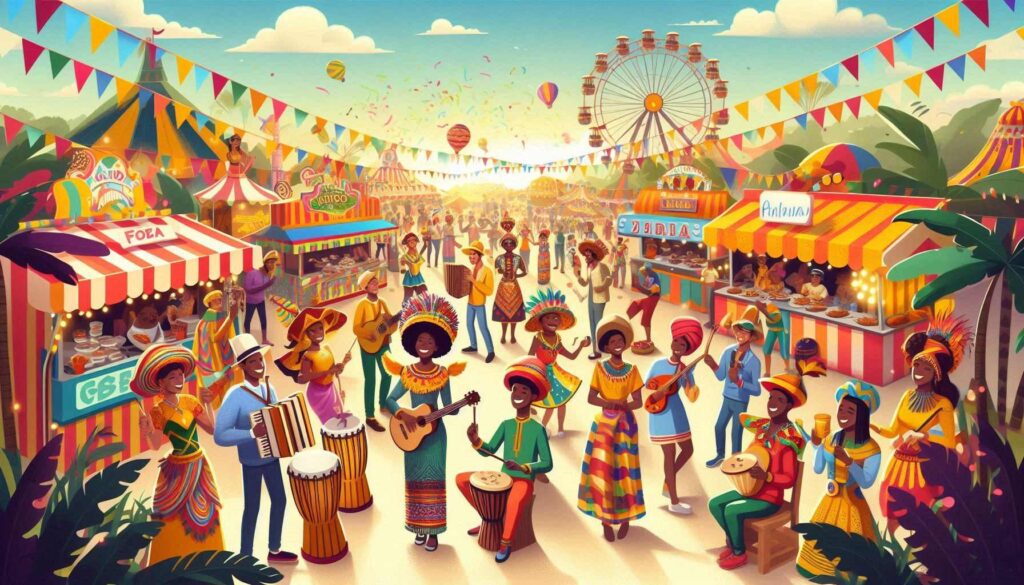
The Ao Senso Festival is celebrated by the Ao tribe in Nagaland, and it usually takes place in April, coinciding with the harvest period. This festival is a significant event for the Ao people as it marks the culmination of their agricultural efforts and is dedicated to their cultural and spiritual practices.
Rituals and Traditions
- Offering to the Ancestors: The festival begins with offerings to the ancestors, asking for their continued blessings and protection. This is done by the elders, who prepare special offerings such as rice, meat, and local fruits.
- Traditional Songs and Dances: Ao tribe members engage in folk music, singing traditional songs that are passed down through generations. These songs celebrate the land, the harvest, and the divine forces that protect the community.
- Cultural Performances: One of the key aspects of the Ao Senso Festival is the display of traditional Ao dances. The Ao people wear their finest attire, including intricate beadwork, feathered headdresses, and other ceremonial costumes. The dances are often accompanied by the sounds of drums and other traditional instruments.
- Feasts and Celebrations: The Ao Senso Festival is also known for its grand feasts, where large quantities of food and rice beer are shared among the community. These meals are a way of expressing gratitude and strengthening social bonds.
Spiritual Significance
The Ao Senso Festival is a celebration of the Ao tribe’s connection to the earth and their ancestors. It represents a time of renewal, when the tribe acknowledges the importance of nature, community, and the divine forces that sustain life. The festival is a manifestation of the tribe’s agricultural way of life and their deep respect for their cultural heritage.
**3. Lao Festival (April 2025)
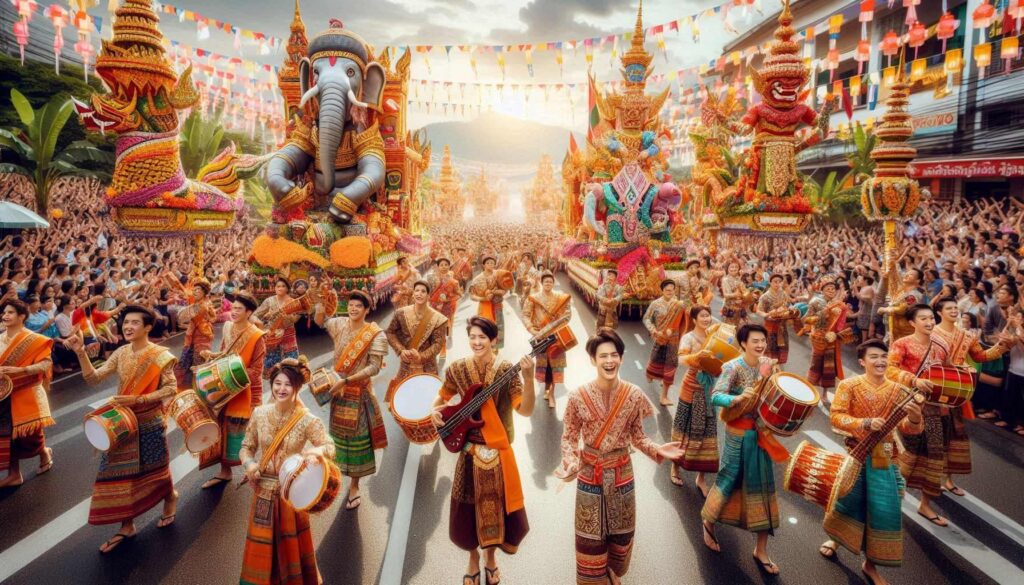
The Lao Festival is celebrated by the Lotha tribe in Nagaland and usually takes place in April, marking the harvest season. The festival is a time for the Lotha people to come together in celebration and to offer thanks for the bounty of the earth.
Rituals and Traditions
- Rituals for Fertility and Prosperity: The Lao Festival begins with rituals to seek blessings from the earth spirits for fertility and a bountiful harvest. The tribe offers sacrifices to the gods, praying for the prosperity of the community and the land.
- Community Dances and Songs: One of the most exciting features of the Lao Festival is the traditional dancing and singing that takes place in the evening. These dances are performed around a central bonfire and involve complex movements that mimic the rhythms of nature. The songs performed during the festival are often related to the tribe’s ancestors, history, and cultural values.
- Traditional Feasts: The Lao Festival is marked by feasts that bring the community together. Families prepare large amounts of food, including traditional dishes such as pork, rice, and local vegetables. Rice beer is also served, as it is a staple in many Naga celebrations.
Spiritual Significance
The Lao Festival is a celebration of the agricultural cycle and the Lotha tribe’s relationship with nature. It reflects the tribe’s deep spiritual connection to the land and their belief in the importance of honoring the earth spirits and ancestors. The festival is a time for the Lotha people to express gratitude for their harvest and to seek divine blessings for the future.
**4. Rangpura Festival (April 2025)
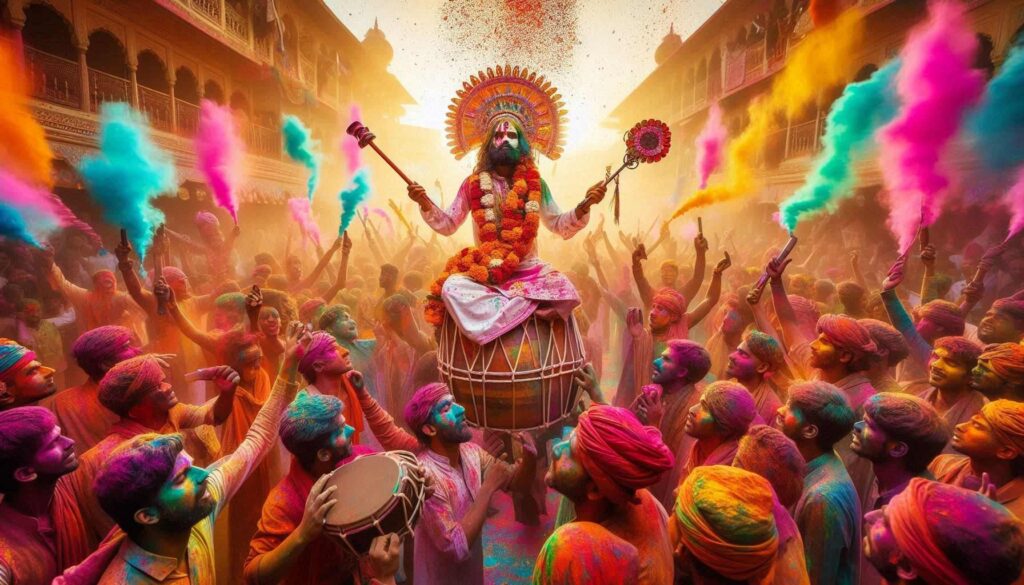
The Rangpura Festival, celebrated by the Chang tribe, usually occurs in April and is one of the key harvest festivals in Nagaland. This festival focuses on celebrating the successful harvest and is a time of joy, thanksgiving, and renewal for the community.
Rituals and Traditions
- Sacrifices and Offerings: The festival begins with rituals that involve the sacrifice of animals, usually pigs or goats, as offerings to the spirits. These sacrifices are meant to appease the gods and ensure a good harvest in the coming season.
- Traditional Music and Dance: The Rangpura Festival is known for its energetic and vibrant traditional dances. Members of the community, dressed in colorful attire, dance to the rhythms of drums and other traditional instruments. The dances represent stories of the tribe’s history, the harvest, and the deep connection between the people and the land.
- Community Gatherings and Feasts: Feasts play an integral part in the Rangpura Festival. Families come together to share meals, and food is offered to guests and visitors. Traditional dishes like pork, rice, and locally grown vegetables are prepared and shared in abundance.
Spiritual Significance
The Rangpura Festival is a time for the Chang tribe to reconnect with their spiritual roots, offering thanks to the gods for the harvest and seeking their continued blessings. The festival emphasizes community bonding, renewal, and the celebration of life.
